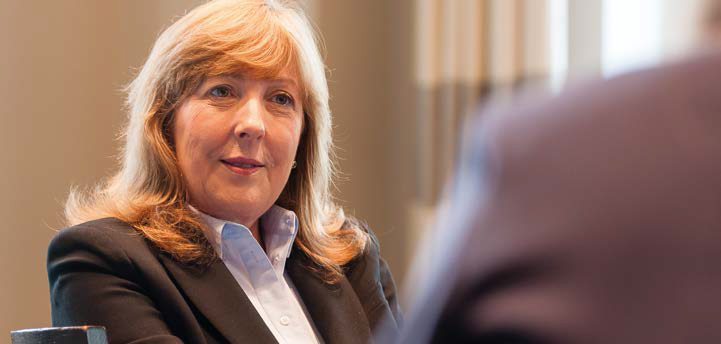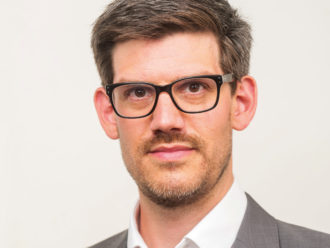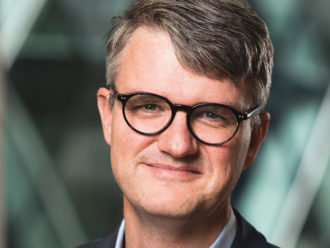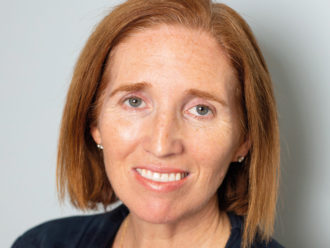Interview by Kerstin Bendix
The UN Principles for Responsible Investment (PRI) recently celebrated its 10th birthday. Managing director Fiona Reynolds tells Kerstin Bendix about decade of positive progress, but admits there is still a long way to go.
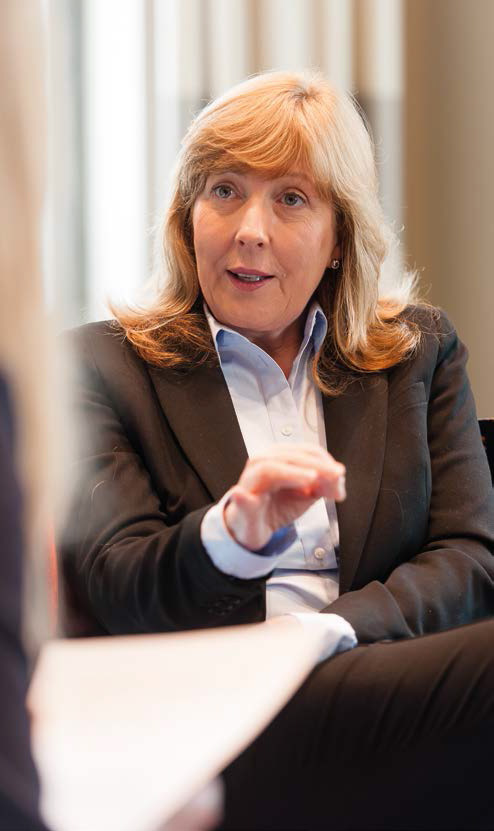
“The world is starting to decarbonise, but it won’t happen overnight; it’s going to take decades and decades.”
Fiona Reynolds
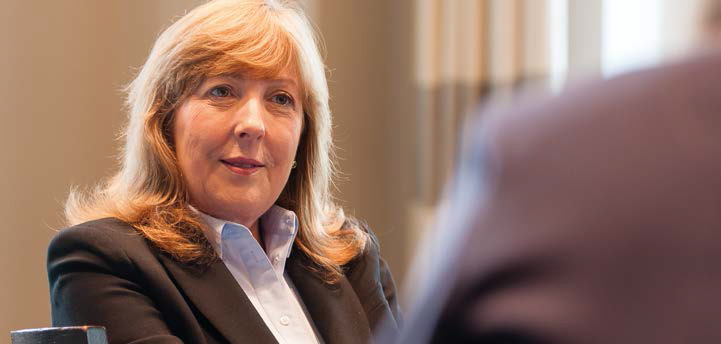
Congratulations! April was the 10th anniversary of the UN PRI. You have around 1,500 signatures that represent $59trn in assets under management. Are you satisfied with how things have gone?
I think the PRI’s been incredibly successful over its first 10 years. And it has really grown awareness of responsible investment. It’s helped a lot of people understand that responsible investment and environmental, social and governance factors are important and at the end of the day, can affect the financial performance of a company. But while we’ve come a long way in 10 years, we’ve still got a long way to go in get-ting more asset owners to really consider those issues. We’ve also got a long way to go before we see really deep ESG integration in a lot of organisations. So we’re happy about where we are, but we also recognise that there’s a huge amount of work still to be done.
The original intension was to get the big asset owners on board. At the moment, the main signatures are from the asset management side. We’ve got a lot of asset owners, but of course you’re going to have more investment managers because for every asset owner there will be 10, 15, 20 managers. But we would still like more asset owners as they’re key to really driving responsible investment because they’re the ones who give mandates to the investment managers. So if they’re requiring responsible investment in the way their money is managed, then it’s all going to move up the chain.
What are your goals in the mid-to-long term? Where do you see your work cut out, in which region or group of investors?
At the moment, we’re working on a new 10-year blueprint for responsible investment. We’re doing a year-long consultation on: Where does responsible investment need to get to next? One of the things every investor signatory to the PRI must do, or they can’t be a signatory, is report their a ctivities on an annual basis. That information is disclosed publicly so we’re looking at whether there is enough accountability to the principles. In some cases we know that we have signatories who have signed the PRI and made very little progress over a very long time. How do we deal with that issue? And how do we ensure that there’s strong accountability? That is something we’re looking at the moment. When any of our signatories are involved in a scandal that means that they’re contravening the principles, what’s the accountability to them? If you’re going to have an organisation that is robust, an organisation that people want to join, then you need to have strong accountability.
It must be very difficult to evaluate all these questionnaires: 1,500 a year. Who does it?
We do it internally using an online tool. We have a team who works on this all year round. It is a lot of work, but, again, I think it’s very important for the credibility of the organisation and for what we stand for. We’re also looking at the principles themselves and whether they need to be updated, whether we need any additional principles. The principles were written before the global financial crisis, so they don’t really talk about systemic risks in the financial markets. And they don’t really also state that investment markets should work for the good of society. So 10 years later we’re also consulting on whether we should update the principles.
Does that mean you’re thinking about establishing more than six principles?
Maybe seven or maybe eight, or maybe it’s just updating the six that we’ve got. We’re consulting on that. We’re also looking at the new sustainable development goals launched by the UN and how we incorporate companies and governments around the world that have signed up to them in a more meaningful way into the work of the PRI.
We’ve also had the climate agreement that was signed in Paris in December, but what are investors now going to do? And what are companies going to do to really bring the Paris agreement alive, because without investment the Paris agreement will fail. Governments are not going to be able to make all of the commitments that are required themselves, it’s going to take the private sector as well. I think with the transition from a high to a low-carbon economy, there are also lots of opportunities for investors to be involved in investments that will drive a low-carbon economy and to get there first.
A decarbonisation movement has started, with a lot of big asset owners signed up. Is it a movement you support?
We’re very supportive of decarbonisation and in the lead-up to the Paris agreement, the PRI launched the Montreal Carbon Pledge. That is about investors measuring the carbon footprint of their portfolios to actually understand what their exposure to carbon is. We had 120 investors who signed onto that, representing $10trn worth of carbon footprinting, which is fantastic. You can’t decide what to do about something if you haven’t measured it and know where
you stand.

